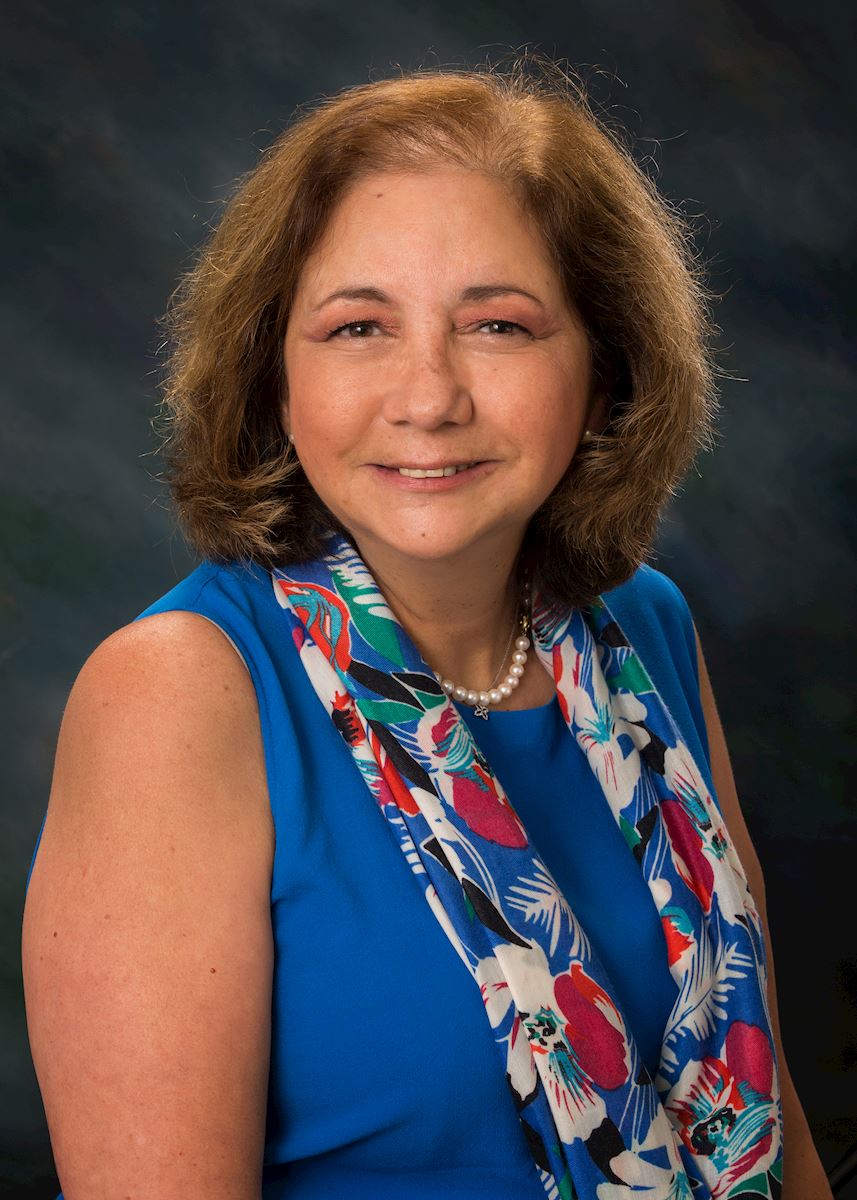posted
on 12/9/2019
in
Features
Neurologist Blanca Marky, M.D., of St. Anthony Regional Hospital in Carroll, points out that when we reach age 25, we begin losing more brain cells than we produce which can lead to decreased cognitive functioning over time.
 “When a patient tells me they are forgetting things, I start to ask them about their lives and their state of mind,” Dr. Marky said. “There can be many causes of dementia and forgetfulness that are not Alzheimer’s.”
“When a patient tells me they are forgetting things, I start to ask them about their lives and their state of mind,” Dr. Marky said. “There can be many causes of dementia and forgetfulness that are not Alzheimer’s.”
Some of those things may be depression, anxiety or emotional problems. If something traumatic has happened to you or other things are causing you emotional stress, it can affect your memory. Another factor can be if you are physically ill in some other way such as cancer, brain tumor, stroke or hydrocephalus. The good news is that for the majority of these patients, once you treat the underlying cause, the forgetfulness disappears.
So, when do you become concerned over what is being forgotten?
Dr. Marky says it’s when you forget how to do things, such as being able to read, or driving to a familiar place. “Once a patient shows signs of forgetting things they have done for many years, I begin doing the work to determine if they have Alzheimer’s.”
While there is no medical test that can show if a person has Alzheimer’s, a battery of cognitive tests along with neuropsychological and medical testing can rule other things out. A family history is also important.
“Alzheimer’s disease is not inherited, however, there is a small increase in risk for the disease, approximately 10%, if there is a familial connection,” Dr. Marky said.
There is no cure for this disease, however, there are steps you can take to slow the progression.
Interestingly, Dr. Marky’s recommendations can apply for both healthy people and people with Alzheimer’s or some other form of dementia.
“I encourage them to stay active both mentally and physically,” she said. “You can’t stop the loss of brain cells, but you can increase the connections between the nerve cells by regular exercise such as walking or swimming and learning new things such as a second language or a new hobby. That is going to activate your brain and when your nerves are working, there are more connections that help strengthen the memory.”
Progress is being made toward finding a cure as researchers are working on decreasing the amount of amyloid protein that accumulates inside brain cells of Alzheimer’s patients. Current medications for Alzheimer’s patients help to preserve the neurotransmissions between nerve cells which can slow the progression, but ultimately, the disease can only be delayed.
“It’s a difficult disease and difficult to care for patients with Alzheimer’s,” Dr. Marky said. “Caregivers need to know they are supported and that they are not expected to provide all the care by themselves. Respite services are so important for those taking care of their loved ones.”
If you’d like to meet with Dr. Marky to discuss any neurological issues you may be experiencing, you can make an appointment at the St. Anthony Clinic in Carroll by calling (712) 792-2222. Dr. Marky also sees patients at Atlantic Medical Center on the first and third Tuesday each month. Appointments can be made there by calling (712) 243-2850.
Filter
- alzheimers
- blanca marky
- memory care
- neurologist
- neurology